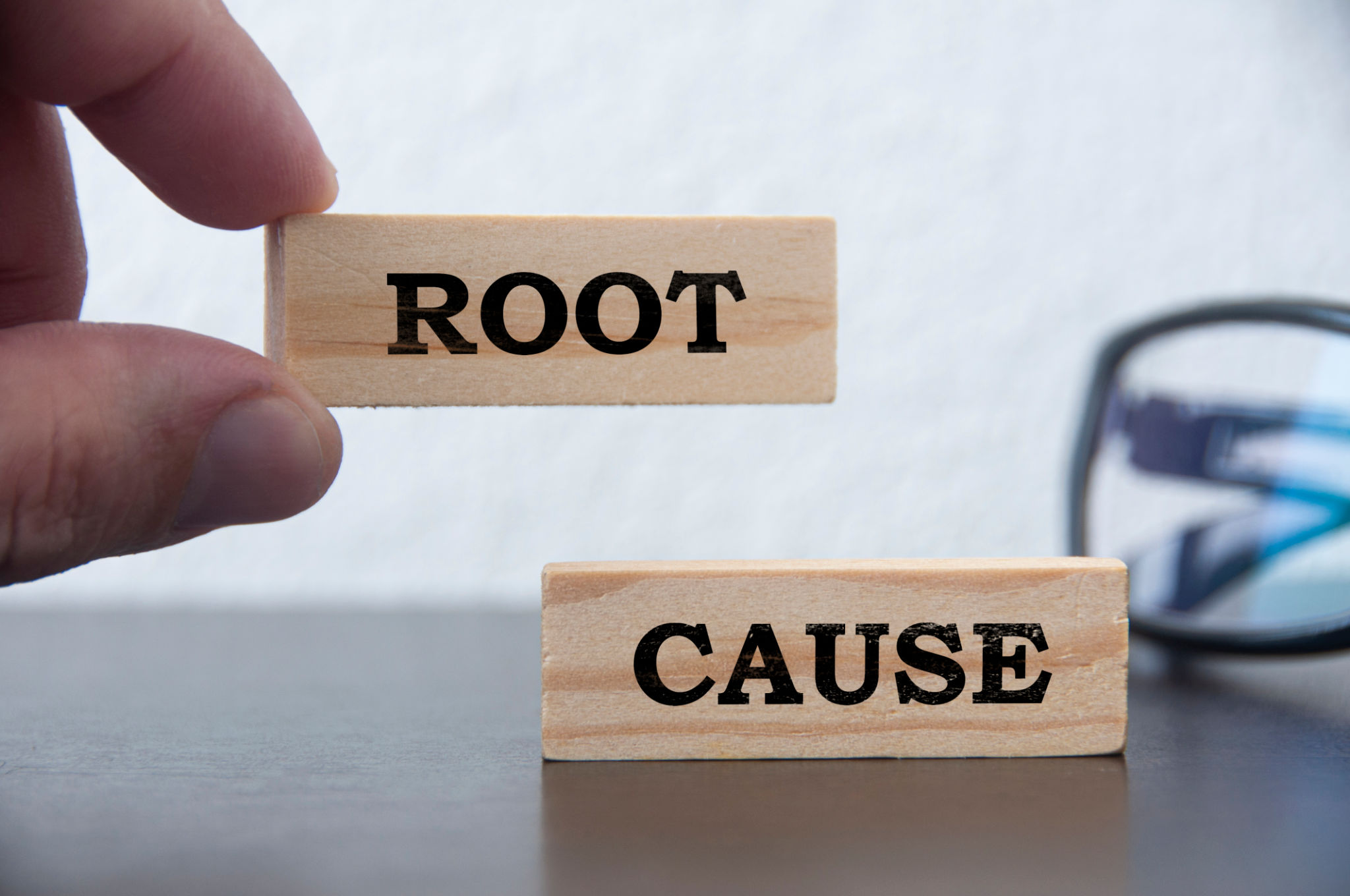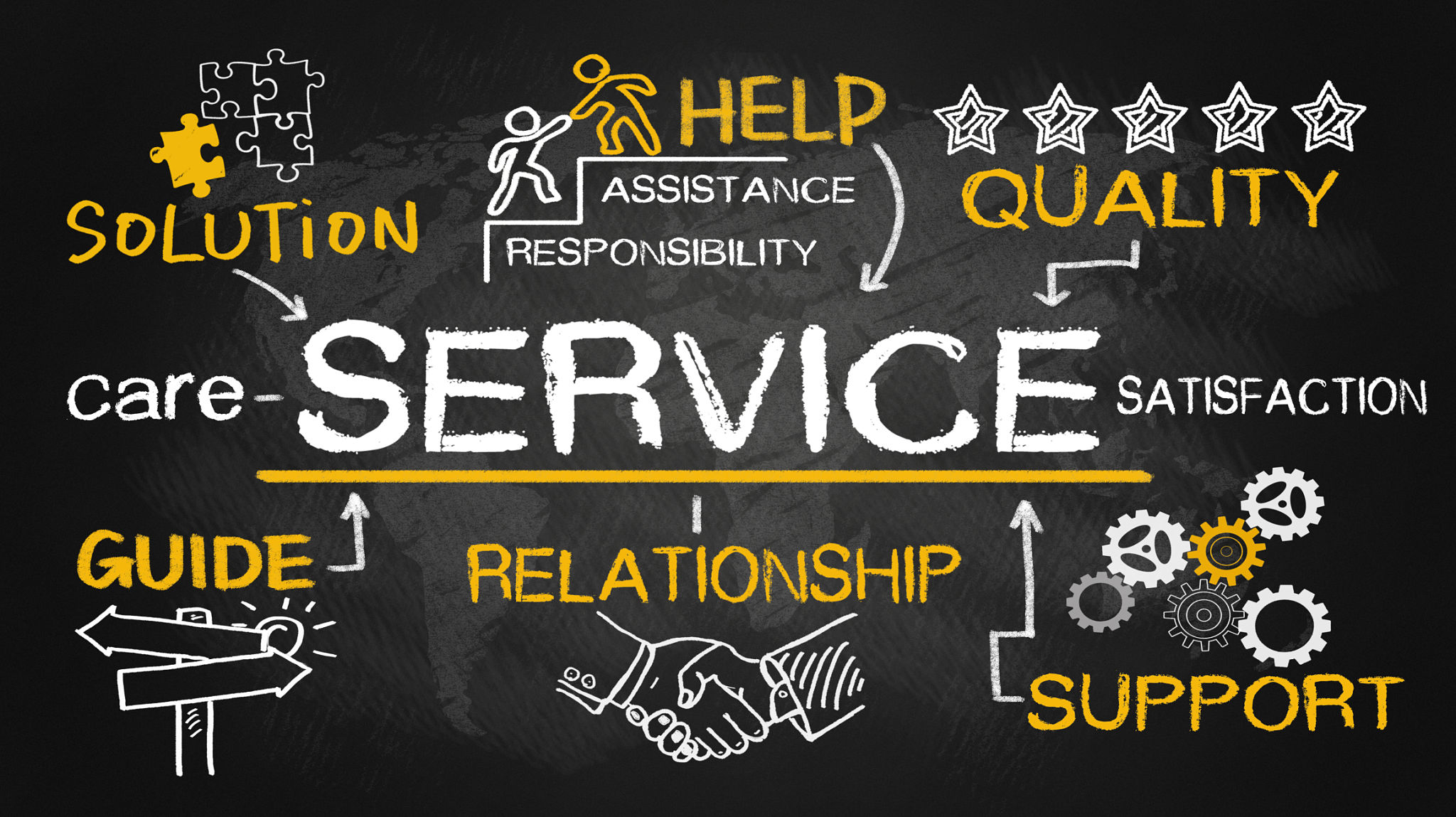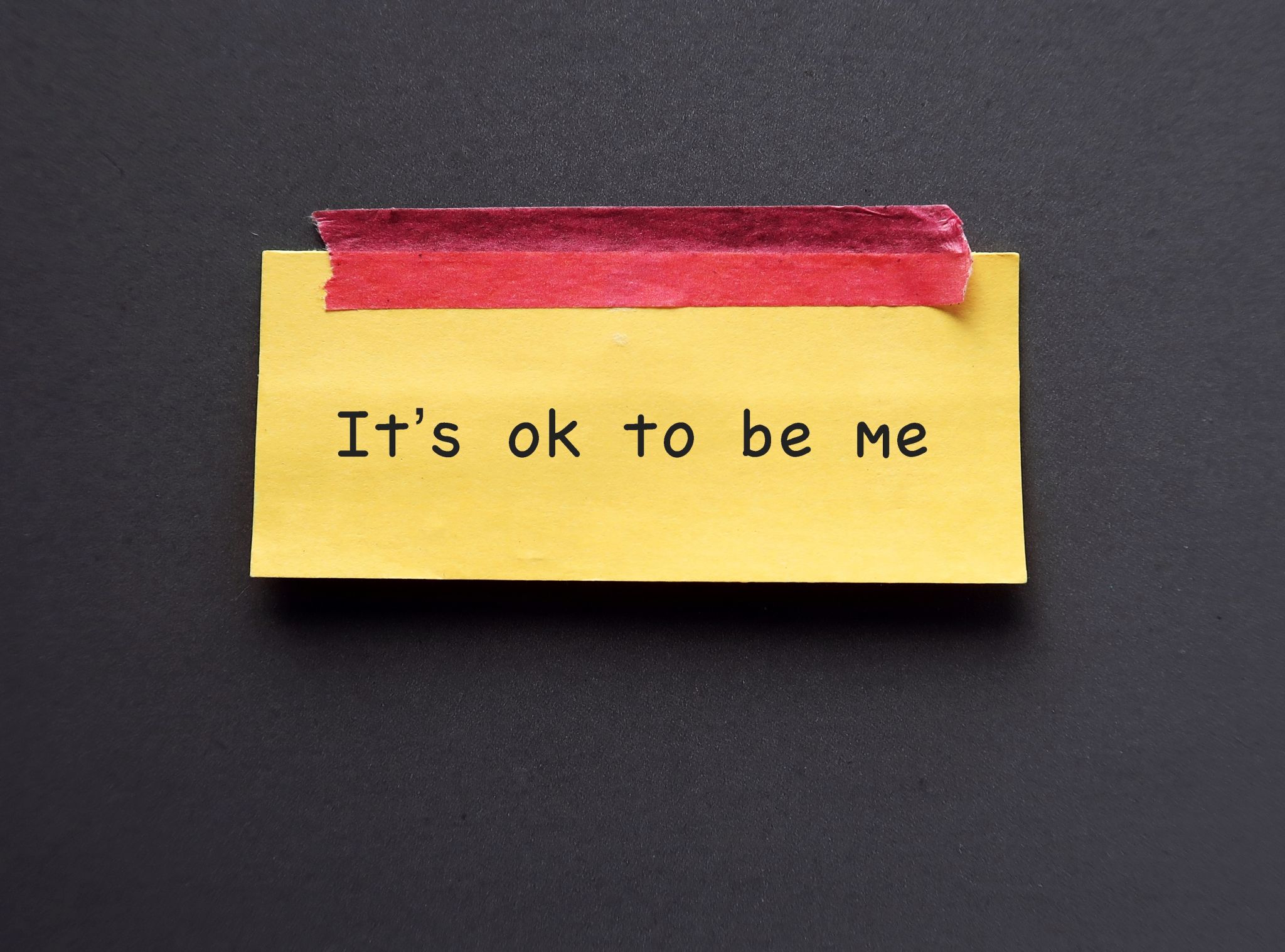Understanding People Pleasing Origins, Patterns, and Path to Authentic Living
NG
People pleasing might seem like a positive trait on the surface, after all, who doesn't want to be helpful and agreeable? However, chronic people pleasing is actually a complex behavioral pattern that can significantly impact mental health, relationships, and personal fulfillment. As a professional coach, I've worked with many individuals trapped in this exhausting cycle, and I've seen how liberating it can be to break free from these patterns.

What Is People Pleasing Really?
People pleasing goes far beyond being kind or considerate. It's a compulsive need to gain approval, avoid conflict, and maintain harmony at the expense of your own needs, values, and well-being. People pleasers often find themselves saying yes when they mean no, suppressing their own opinions, and feeling responsible for everyone else's emotions and comfort.
The people pleaser's internal world is often dominated by anxiety about disappointing others, fear of rejection, and a persistent belief that their worth depends on making others happy. This creates an exhausting cycle where their own needs become invisible, even to themselves.

The Roots of People Pleasing
Understanding where people pleasing comes from is crucial for healing. These patterns rarely develop overnight but are usually rooted in early experiences and environments:
Childhood Conditional Love: Many people pleasers grew up in environments where love and acceptance felt conditional on their behavior. They learned that being "good," compliant, and accommodating earned approval, while expressing needs or disagreeing resulted in withdrawal of love or attention.
Family Dynamics: Some individuals developed people pleasing tendencies as a survival mechanism in chaotic or unpredictable family environments. They learned to manage others' emotions to maintain stability and safety.
Trauma and Attachment Wounds: Early experiences of abandonment, criticism, or emotional neglect can create a deep fear of rejection that manifests as people pleasing in adulthood. The nervous system learns to prioritize others' comfort as a way to ensure survival and connection.
Cultural and Social Messaging: Society often reinforces people pleasing behaviors, particularly in women, through messages about being selfless, accommodating, and always putting others first.
Low Self-Worth: At its core, people pleasing often stems from a fundamental belief that one's own needs and feelings don't matter as much as others'. This low self-worth drives the constant need for external validation.

The Hidden Costs of People Pleasing
While people pleasers are often seen as wonderful, selfless individuals, the internal cost is significant:
Loss of Identity: Constantly adapting to please others makes it difficult to know who you really are, what you truly want, or what your authentic values are.
Resentment and Burnout: Continuously giving without receiving or acknowledging your own needs leads to exhaustion, resentment, and eventual burnout.
Inauthentic Relationships: Relationships built on people pleasing are often shallow because the other person never gets to know the real you. Paradoxically, this creates the very rejection and abandonment that the people pleaser fears.
Anxiety and Depression: The constant stress of managing others' emotions while suppressing your own often leads to anxiety, depression, and other mental health challenges.
Boundary Violations: People pleasers often become magnets for individuals who take advantage of their giving nature, leading to repeated boundary violations and exploitation.

Breaking Free: Strategies for Recovery
Overcoming people pleasing is a gradual process that requires patience, self-compassion, and often professional support. Here are key strategies for beginning this journey:
Develop Self-Awareness: Start noticing when you're people pleasing. What triggers these behaviors? What does it feel like in your body? Awareness is the first step toward change.
Practice Saying No: Begin with small, low-stakes situations to practice setting boundaries. Notice that relationships don't end when you say no to requests that don't align with your capacity or values.
Identify Your Values: Spend time exploring what truly matters to you, separate from what you think others want to hear. Your values can serve as a compass for decision-making.
Challenge Negative Thoughts: People pleasers often have harsh inner critics that predict catastrophic outcomes from disappointing others. Question these thoughts and look for evidence that contradicts them.
Start Small with Self-Advocacy: Practice expressing your preferences in low-risk situations. Order what you actually want at a restaurant, suggest a movie you'd like to see, or share an opinion about something minor.
Build a Support Network: Surround yourself with people who value authenticity and can support you as you learn to show up more genuinely in relationships.
Practice Self-Compassion: Treat yourself with the same kindness you show others. Remember that learning to set boundaries and prioritize your needs isn't selfish - it's necessary for healthy relationships.

Redefining Kindness and Service
One of the biggest fears people pleasers have about changing is that they'll become selfish or uncaring. The truth is quite the opposite. When you stop people pleasing and start operating from a place of authentic choice rather than compulsion, your acts of kindness become more meaningful and sustainable.
True kindness comes from a place of overflow, not depletion. When you take care of your own needs and operate from your authentic self, you can give to others from a place of genuine choice rather than fear-driven obligation.

The Journey to Authenticity
Recovery from people pleasing isn't about becoming selfish or uncaring - it's about learning to care for yourself with the same attention you've always given others. It's about building relationships based on who you really are rather than who you think others want you to be.
This journey takes time and often benefits from professional support. A qualified therapist or coach can help you explore the roots of these patterns, develop healthy boundaries, and learn to navigate relationships from a place of authenticity rather than fear.
Remember, you deserve relationships where you're valued for who you truly are, not just for what you can do for others. Your needs, feelings, and desires matter just as much as everyone else's
